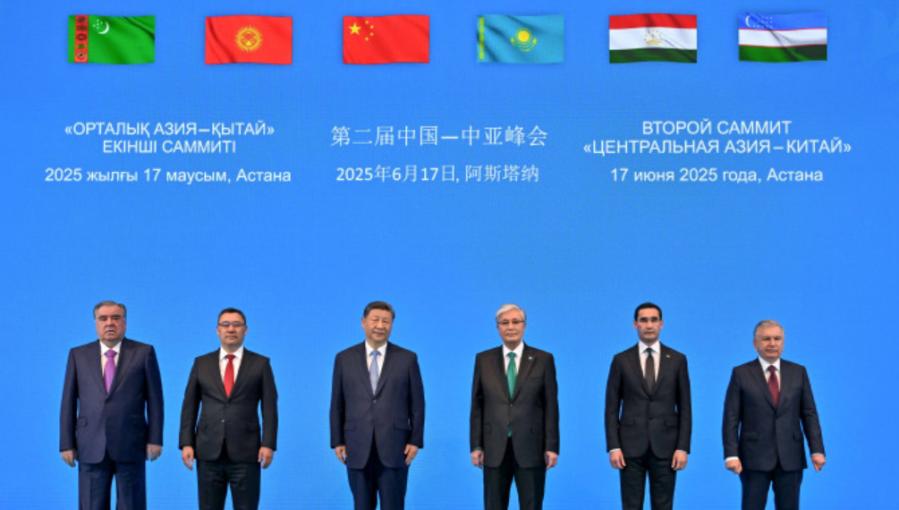
Russia is deliberately stirring instability in the Western Balkans to gain political leverage over the West regarding the war in Ukraine, according to a new analysis by the Foreign Policy Research Institute (FPRI).
Since its full-scale invasion of Ukraine in 2022, Russia has taken a different approach in southeastern Europe. Unlike the use of direct military force in Ukraine, Moscow is relying on information and psychological tactics in the Balkans to create unrest and influence political outcomes in its favor.
The report highlights Russia’s close ties with Serbia’s President Aleksandar Vučić and Bosnian Serb leader Milorad Dodik, both of whom have played central roles in increasing regional tensions. Moscow’s strategy, according to FPRI, is to provoke crises it can later offer to help resolve—thus positioning itself as an indispensable actor in Europe and extracting concessions from NATO, especially over Ukraine.
"If Russia is seen as necessary for resolving Balkan disputes, it could use that influence to demand diplomatic or strategic gains in Ukraine," the report stated.
A renewed conflict in the Balkans could also strain NATO unity. Several NATO countries still do not recognize Kosovo’s independence, which complicates collective responses if violence erupts in the region. Such divisions could make NATO coordination more difficult while allowing Russia to strengthen its military footing in Ukraine.
Russia is also using the Balkans to justify its actions in Ukraine. The Kremlin argues that if NATO could protect Kosovo, then Russia has the right to “defend” Russian speakers in Crimea and in eastern Ukraine’s breakaway regions. Although this reasoning is flawed—especially since Russia does not recognize Kosovo’s independence—it serves to muddy international debate about its aggression in Ukraine.
The FPRI describes Russia’s tactics in the region as a win-win: either the West fails to control growing instability and looks weak, or it is forced to negotiate with Moscow, giving Russia a stronger global position.
Russia’s information warfare is already having effects. In Serbia, pro-Kremlin media like Sputnik and RT operate freely, and local outlets often repeat their narratives. Disinformation campaigns, including false claims that Ukraine attacked Russia first or that the U.S. runs biolabs in Serbia, are being spread, particularly on platforms like Telegram.
Meanwhile, tensions on the ground continue to rise. Serbia has repeatedly moved troops near the Kosovo border, prompting fears of war. In Bosnia, Dodik is pushing Republika Srpska toward secession, threatening the fragile balance within the country.
Montenegro, another NATO member, is also being targeted, as Russia tries to expand its influence in the Adriatic region, the report warned.
To counter these moves, the FPRI recommends that Western powers impose stricter sanctions and take firmer steps to counter Russian disinformation in the Balkans.
Global

Xi Signs Treaty to Boost China-Central Asia Cooperation
Chinese President Xi Jinping has signed a new treaty aimed at strengthening China’s relationship with the five countries of Central Asia.